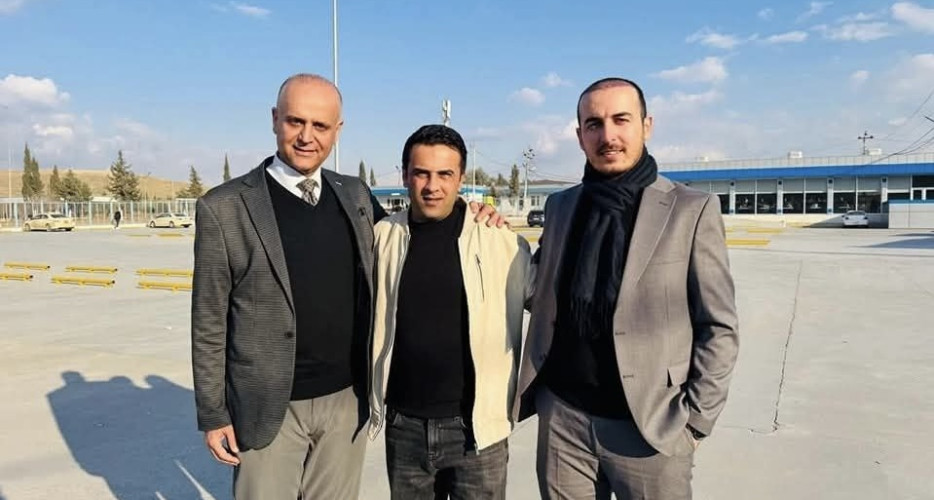
Peregraf
Journalist Sulaiman Ahmad was released today in Duhok after the Kurdistan Regional Court of Appeal overturned his conviction, following a two-week wait. Ahmad had spent 14 months in prison after his arrest on October 25, 2023, on espionage charges related to the Kurdistan Workers’ Party (PKK).
On January 6, 2025, the Court of Appeal annulled the three-year sentence handed down by a Duhok court in July 2024, citing insufficient evidence to support the allegations. Ahmad's defense team argued that the evidence against him was lacking, a position that was upheld by the appellate court's decision.
Reving Yasin, a member of Ahmad’s legal team, informed Peregraf earlier this month that the journalist's release hinged on the appeal decision being relayed to the Duhok Criminal Court. Today’s release followed the completion of this procedural step.
Ahmad, who reports for the Arabic section of Rojnews, was detained by security forces at the Fishkhabur (Semelka) border crossing while returning from Rojava (northeast Syria) to the Kurdistan Region. He was charged under Article 1 of Law No. 21 of 2003, which addresses espionage and national security; however, his legal team consistently challenged the validity of these accusations.
The case has attracted significant attention from both regional and international media outlets, many of which have raised concerns about press freedom in the Kurdistan Region. Ahmad’s conviction and imprisonment were seen as reflective of the growing challenges faced by journalists in the area. While the Metro Center for Journalists Rights and Advocacy reported a 22% decrease in press freedom violations in 2024 compared to the previous year, journalists continue to face challenges, including arbitrary arrests and attacks.
Ahmad’s release represents a notable development in a case that highlights broader issues surrounding press freedom, judicial integrity, and the treatment of journalists in the Kurdistan Region. However, questions remain about the need for systemic reforms to ensure better protections for media professionals in the future.